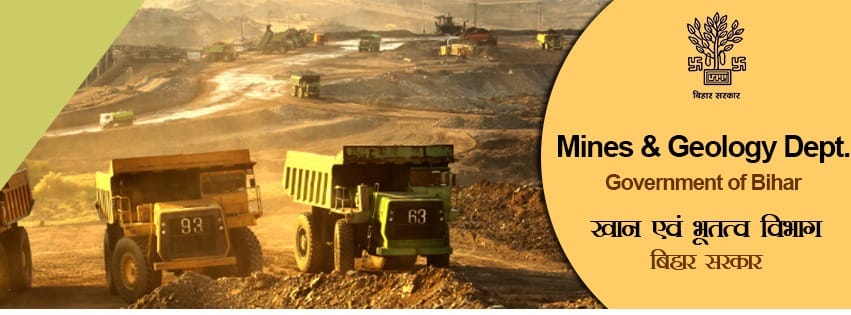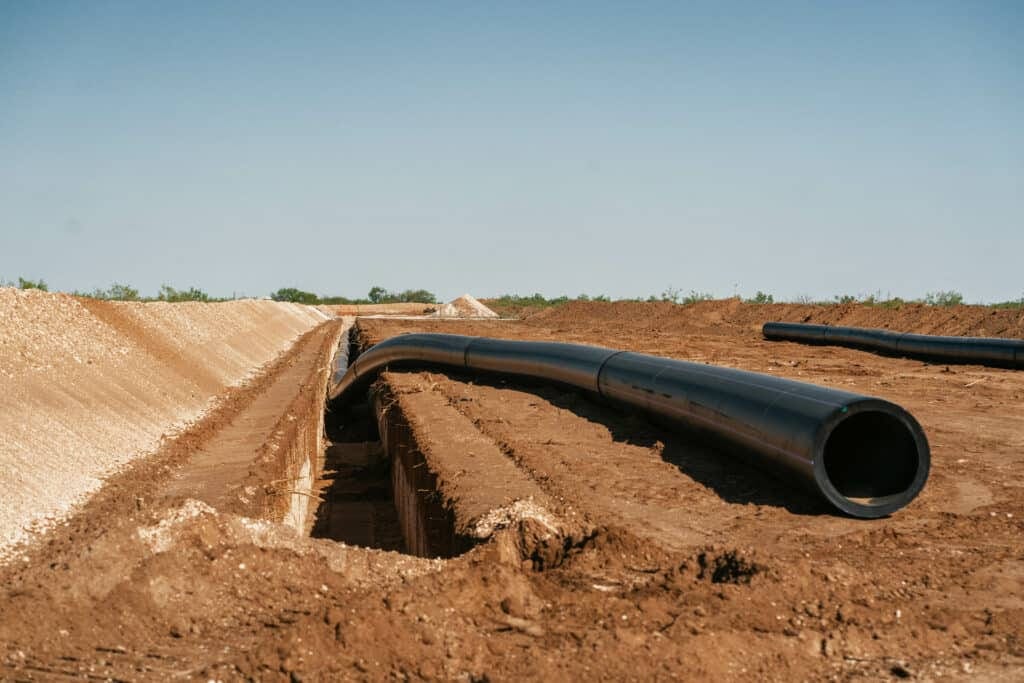The Department of Mines & Geology (DMG) plays a pivotal role in the sustainable development and management of mineral resources. Emphasizing the importance of geology in understanding natural resources, ecology, and environmental protection, the DMG serves as a key governmental body responsible for overseeing mining operations, regulating mineral extraction, and conducting geological research. In this blog post, we will delve into the multifaceted responsibilities, functions, and significance of the Department of Mines & Geology, as well as its impact on both local and national levels. dcpipe pipeline expert

Historical Context
The establishment of the Department of Mines & Geology can be traced back to the burgeoning demand for mineral resources during industrialization when governments recognized the need to organize and regulate mining activities more effectively. Over the years, the DMG has evolved in response to changing economic conditions, technological advancements, and growing environmental awareness. The modern DMG integrates traditional geological studies with advanced techniques and sustainable practices to ensure responsible mining.
Core Responsibilities
1. Regulation of Mining Activities
One of the primary functions of the DMG is to regulate and monitor mining activities within its jurisdiction. This involves issuing licenses and permits for exploration and extraction, ensuring that all operations comply with national and regional laws. The DMG has a rigorous framework in place to oversee compliance, which includes site inspections and audits to assess reclamation efforts after mining cessation.
2. Geological Surveys and Research
The DMG is heavily involved in geological surveys to assess the availability, quality, and distribution of mineral resources. Using advanced technology such as remote sensing and geophysical methods, the department collects valuable data that informs decision-making for both public and private sectors. Geological research is essential for evaluating potential mining sites, assessing risks related to geohazards, and understanding the geological history of regions, which contributes to broader scientific knowledge.
3. Environmental Management and Impact Assessment
In today’s context, environmental stewardship is a primary concern for regulatory bodies. The DMG plays a crucial role in ensuring that mining operations mitigate adverse environmental impacts. This encompasses conducting Environmental Impact Assessments (EIAs) prior to the approval of mining projects. The DMG works in tandem with environmental agencies to enforce regulations aimed at protecting ecosystems, minimizing land degradation, and conserving water resources.
4. Public Awareness and Education
The DMG is also dedicated to promoting public understanding of geology and mining. This involves various outreach programs aimed at educating the community regarding responsible resource management, the economic significance of minerals, and the importance of sustainable practices. By engaging with stakeholders, including local populations, industry professionals, and educational institutions, the DMG fosters a culture of awareness and collaboration.
5. Policy Development and Advocacy
The DMG plays a significant role in formulating policies that govern the mining sector. This involves conducting research and engaging with stakeholders to draft regulations that ensure sustainable and equitable resource management. The department advocates for the integration of responsible mining practices into national development plans, recognizing that mineral resources can be a catalyst for economic growth while ensuring the welfare of communities and the environment.
Impact on Communities and the Economy
The Department of Mines & Geology significantly influences local and national economies by enabling the responsible exploitation of mineral resources that are vital for various industries. The mining sector contributes to job creation, revenue generation, and infrastructure development. Additionally, the DMG’s efforts in fostering sustainable mining practices help ensure that local communities benefit from these resources, thus promoting social equity and cohesion.
One notable example of the DMG’s positive impact can be seen in programs aimed at supporting artisanal and small-scale miners (ASM). The department assists these miners in accessing legal resources and training, thereby promoting safe mining practices and ensuring their integration into the formal economy. Such initiatives not only support livelihoods but also contribute to improved health and occupational safety standards in mining communities.
Challenges and Future Directions
Despite its critical role, the Department of Mines & Geology faces numerous challenges that threaten its effectiveness. Issues such as illegal mining, land tenure disputes, and inadequate funding hamper the department’s ability to enforce regulations and engage in comprehensive geological studies. Furthermore, the impacts of climate change present a complex dilemma for mining operations, necessitating adaptive strategies and innovative approaches to resource management.
Moving forward, leveraging technology will play an essential role in enhancing the department’s capabilities. Innovations such as data analytics, artificial intelligence, and blockchain can help in monitoring compliance, streamlining operations, and improving transparency in the mining sector. Embracing partnerships with the private sector, academia, and international organizations will also be critical in addressing the multifaceted challenges facing the DMG.
Conclusion
The Department of Mines & Geology stands at the intersection of resource management, environmental protection, and community development. By balancing the demands of economic growth with ecological sustainability, the DMG contributes to shaping a future where mineral resources are managed responsibly. As society continues to navigate the complexities of resource extraction in an increasingly interconnected world, the work of the DMG becomes ever more critical in guiding policies and practices towards a more sustainable and equitable resource future.
In summary, the significance of the Department of Mines & Geology cannot be overstated. Its efforts not only impact the mining sector but also contribute to broader societal goals such as sustainability, economic development, and community welfare. As we look toward the future, the need for sound geological management and responsible mining practices will undoubtedly remain a priority for the global community. dcpipe pipeline expert

